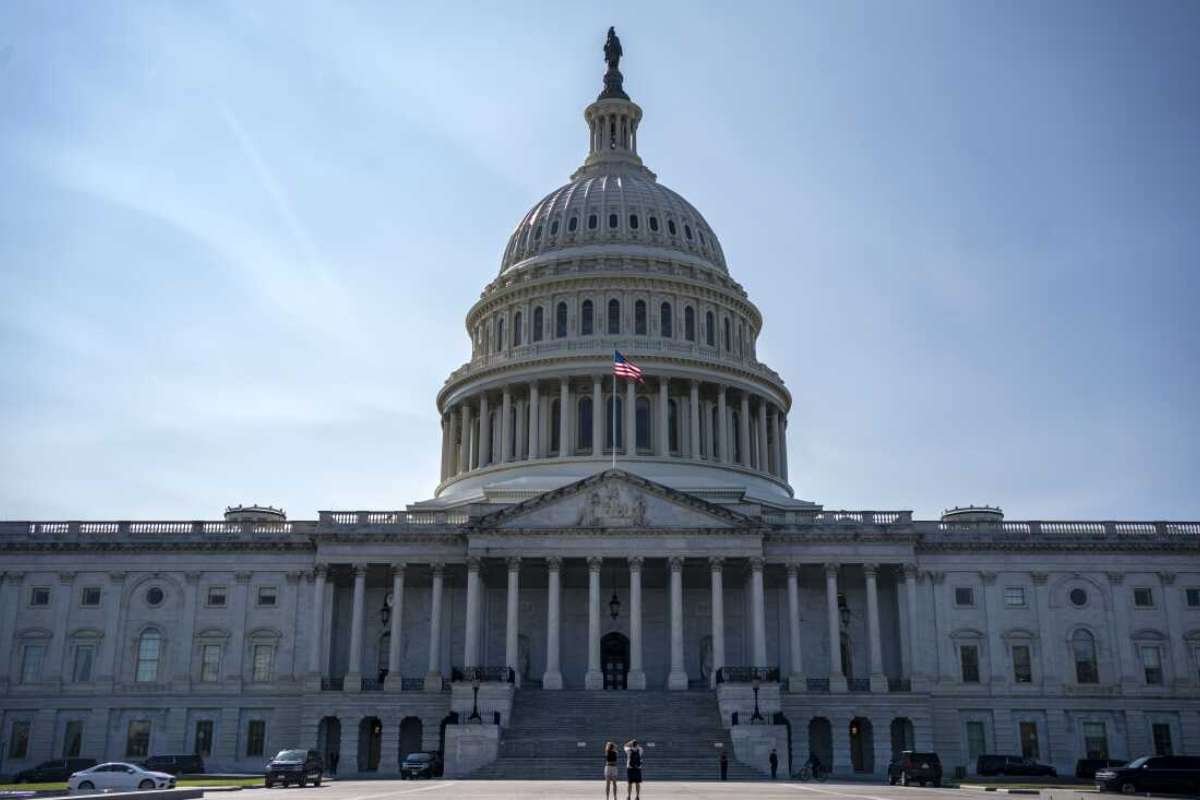In a tightly contested the U.S. House vote of Representatives approved a bill on Thursday to rescind $1.1 billion in federal funding earmarked for public media over the next two fiscal years. The measure, passed 214 to 212, follows a direct request from former President Donald Trump, who has repeatedly criticized public broadcasters such as NPR and PBS for alleged liberal bias. The legislation targets the Corporation for Public Broadcasting (CPB), which provides funding to local radio and television stations across the country, particularly in underserved and rural communities.
This move marks the Trump administration’s first successful attempt to claw back funds already approved in prior budget bills. The cuts are part of a broader $9.4 billion rescissions package proposed by the Office of Management and Budget, with the majority aimed at foreign aid and humanitarian programs. The House bill, if passed by the Senate, would undercut long-standing bipartisan support for public broadcasting and potentially force numerous local stations off the air.
Public Media Leaders and Lawmakers Warn of Consequences
The Corporation for Public Broadcasting, NPR, and PBS condemned the vote, warning of far-reaching consequences, particularly for smaller stations with limited resources. NPR President and CEO Katherine Maher said the cuts threaten essential access to independent, nonprofit media in communities already lacking in local news coverage. “If rescission passes and local stations go dark, millions of Americans will no longer have access to emergency alerts and trusted programming,” she warned.
PBS President Paula Kerger echoed similar concerns, stressing that public television’s services cannot be replaced by commercial networks. “This will devastate PBS and its member stations, especially in rural areas where federal support forms the backbone of their operation,” she said. A coalition of educators, emergency readiness officials, tribal representatives, and public media supporters had lobbied against the bill, highlighting the risks to public safety and community engagement.
Despite traditionally bipartisan backing, Thursday’s U.S. House vote saw Republicans split, with Representatives Don Bacon (Nebraska) and Nick LaLota (New York) switching their positions to ensure the bill’s passage. Some Republicans, like Rep. Mark Amodei (Nevada), criticized the outcome, urging for more deliberation before stripping vital media services from rural constituents.
Partisan Tensions and Shifting GOP Sentiment
The floor debate ahead of the U.S. House vote was sharply divided. Republican leaders portrayed public broadcasting as an outdated and ideologically skewed institution that should not receive taxpayer dollars. House Majority Leader Steve Scalise said the bill enacts Trump’s push to end funding for “woke public broadcasting,” while Rep. Jim Jordan (Ohio) derided NPR and PBS as “biased media.”
Democrats, meanwhile, defended public media’s role in emergency communication and public education. House Minority Leader Hakeem Jeffries held up an Elmo doll to highlight the impact on children’s programming, calling the cuts “cruel.” Rep. Lloyd Doggett (Texas) accused Trump of targeting these outlets for their factual reporting.
Long-time Republican voices also noted a shift in the party’s stance on public media. Former Senator Gordon Smith and ex-Representative Charles Bass acknowledged growing hostility within GOP ranks, fueled by culture wars and amplified during the Trump era. Bass, while acknowledging criticism, still listens to public radio regularly, underscoring its continued relevance despite evolving media landscapes.
As the bill moves to the Senate, public broadcasters and their supporters brace for a crucial battle to preserve federal backing and maintain access to independent media for millions of Americans.
Visit The Enterprise World For The Most Recent Information.


















